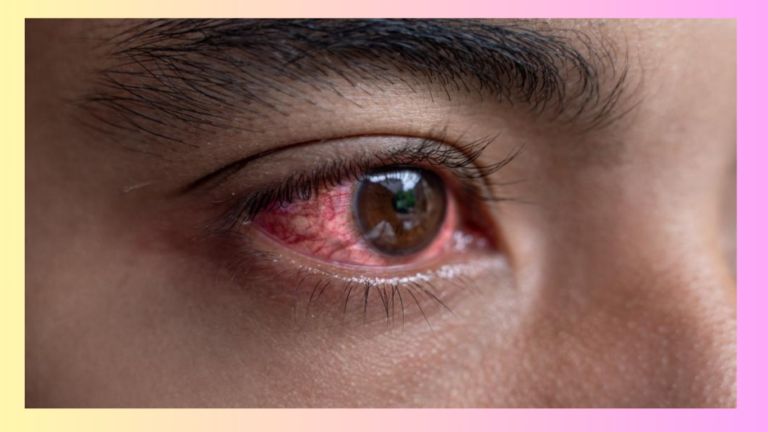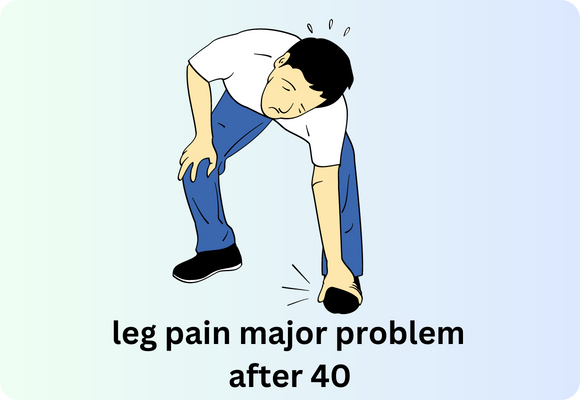
Table of Contents
Introduction
Head pain are a common ailment experienced by people of all ages around the world. Whether it’s a dull ache or a throbbing sensation, headaches can disrupt our daily lives and hinder productivity. While over-the-counter painkillers offer temporary relief, relying on them excessively may lead to side effects and dependency. In this article, we will explore ten proven natural remedies that can help bid farewell to headache problems forever, promoting a healthier and more sustainable approach to managing headaches.
Understanding Headaches: Causes and Types
Before we delve into natural remedies, it’s crucial to understand the underlying causes of headaches. Various factors can trigger headaches, including stress, dehydration, lack of sleep, muscle tension, and dietary choices. Headaches can be categorized into tension headaches, migraines, cluster headaches, and sinus headaches. Identifying the type of headache is essential for targeted treatment.
The Impact of Chronic Head pain on Daily Life
Chronic headaches not only cause physical discomfort but also take an emotional toll on individuals. Frequent headaches can lead to irritability, anxiety, and a decreased quality of life. Understanding the impact of chronic headaches highlights the importance of adopting effective and sustainable headache relief strategies.
The Limitations of Over-the-Counter Medications
While over-the-counter medications like ibuprofen and aspirin can provide quick relief, they are not without limitations. Prolonged use of these medications can lead to rebound headaches, medication overuse headaches, and adverse effects on the gastrointestinal system. It is crucial to seek alternative remedies for long-term relief.
Embracing Natural Remedies for Head pain
1. Hydration: The Power of Water
Dehydration is a common trigger for headaches. Ensuring adequate daily water intake can help prevent and alleviate headaches. Staying hydrated also supports overall bodily functions and promotes better health.
2. Magnesium: Nature’s Relaxant
Magnesium plays a crucial role in muscle relaxation and nerve function. Low magnesium levels can contribute to headaches. Incorporating magnesium-rich foods like spinach, almonds, and avocados into your diet or taking supplements can be beneficial.
3. Ginger: A Natural Anti-Inflammatory
Ginger contains potent anti-inflammatory compounds that can help reduce headache intensity. Ginger tea or adding fresh ginger to meals can be an effective remedy.
4. Peppermint: Soothing and Refreshing
Peppermint has muscle relaxant properties that can ease headache symptoms. Applying peppermint essential oil to the temples or inhaling its aroma can provide relief.
5. Lavender: Aromatherapy for Stress Relief
Lavender oil is renowned for its calming effects. Using lavender oil in aromatherapy or applying it topically can alleviate stress-related headaches.
6. Yoga and Meditation: Calming the Mind
Practicing yoga and meditation can reduce stress and tension, making them valuable tools for headache prevention and relief.
7. Regular Exercise: Boosting Endorphins
Engaging in regular physical activity releases endorphins, the body’s natural painkillers. Exercise can help prevent headaches and elevate mood.
8. Sleep and Rest: Rejuvenating the Body
Proper sleep and rest are essential for the body to heal and recover. Establishing a consistent sleep schedule can reduce the frequency of headaches.
9. Balanced Diet: Nourishing the System
A well-balanced diet with plenty of fruits, vegetables, and whole grains provides essential nutrients for headache prevention.
10. Herbal Teas: Ancient Healing Brews
Herbal teas like chamomile and passionflower have calming properties that can ease headache discomfort.
Creating Your Own Headache Relief Toolkit
Combining multiple natural remedies to create a personalized head pain relief toolkit can enhance their effectiveness. Experiment with different remedies and find what works best for you.
Prevention Strategies for Long-Term Relief
Preventing headaches involves identifying triggers and making lifestyle adjustments. Maintaining a stress-free environment, staying hydrated, and practicing good sleep hygiene are vital preventive measures.
When to Seek Professional Medical Advice
While natural remedies can be highly effective, some head pain may require medical attention. If headaches are persistent, severe, or accompanied by other concerning symptoms, it’s essential to consult a healthcare professional for a comprehensive evaluation.
Conclusion
By adopting a holistic approach and embracing these ten proven natural remedies, you can say goodbye to headache problems forever. Rather than relying solely on over-the-counter medications, prioritize hydration, balanced nutrition, relaxation techniques, and herbal remedies for long-lasting relief. Remember to create your personalized headache relief toolkit and seek professional advice when necessary. Live a headache-free life and experience the joy of optimal well-being.
FAQs
- Are natural remedies safe for everyone?
- Natural remedies are generally safe for most individuals. However, it’s essential to consult a healthcare professional, especially if you have underlying health conditions or are taking medications.
- Can I use multiple remedies together?
- Yes, combining different natural remedies can enhance their effects. Experiment with various approaches to find what works best for you.
- How long does it take for natural remedies to work?
- The effectiveness of natural remedies varies from person to person. Some people experience relief quickly, while others may need more time. Be patient and consistent in your approach.
- Can stress cause headaches?
- Yes, stress is a common trigger for headaches. Managing stress through relaxation techniques can help prevent headaches.
- Are there any side effects of natural remedies?
- Natural remedies generally have fewer side effects than conventional medications. However, some individuals may be sensitive to certain herbs or essential oils. Always perform a patch test and discontinue use if any adverse reactions occur.



